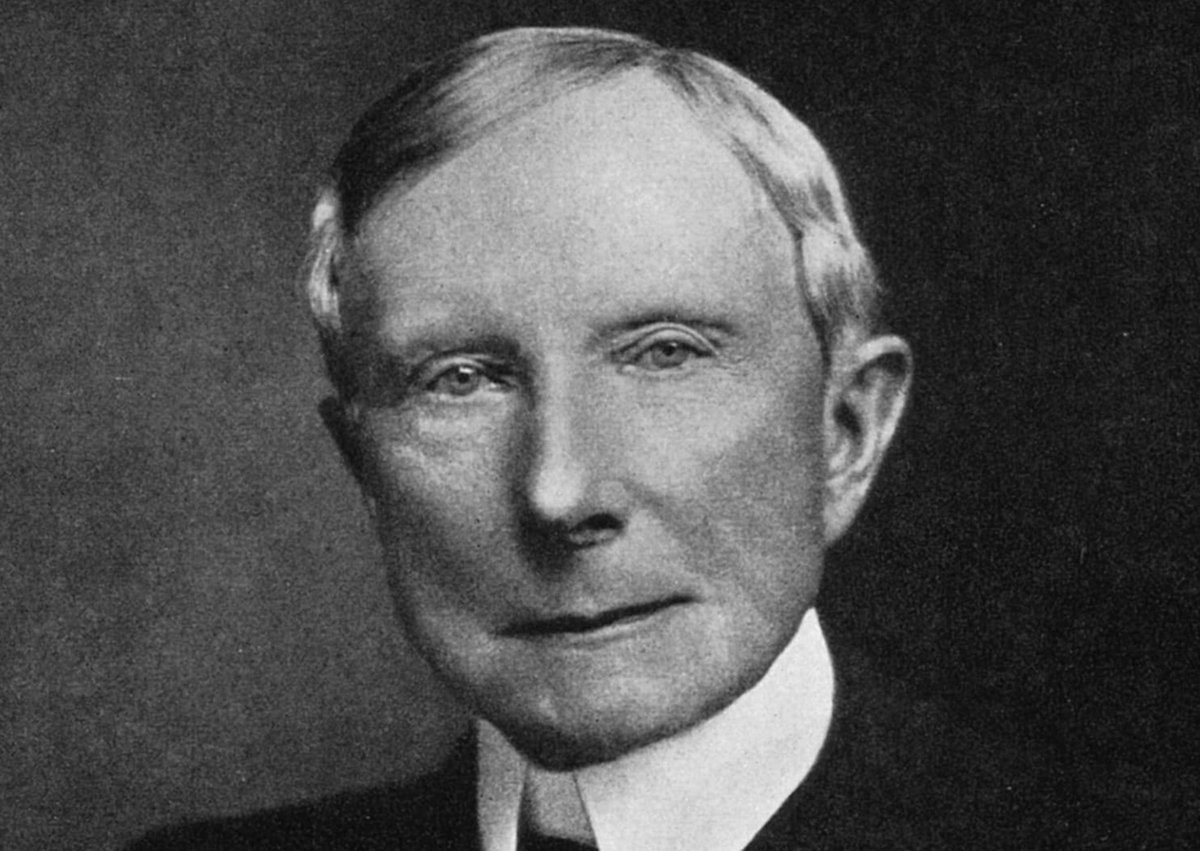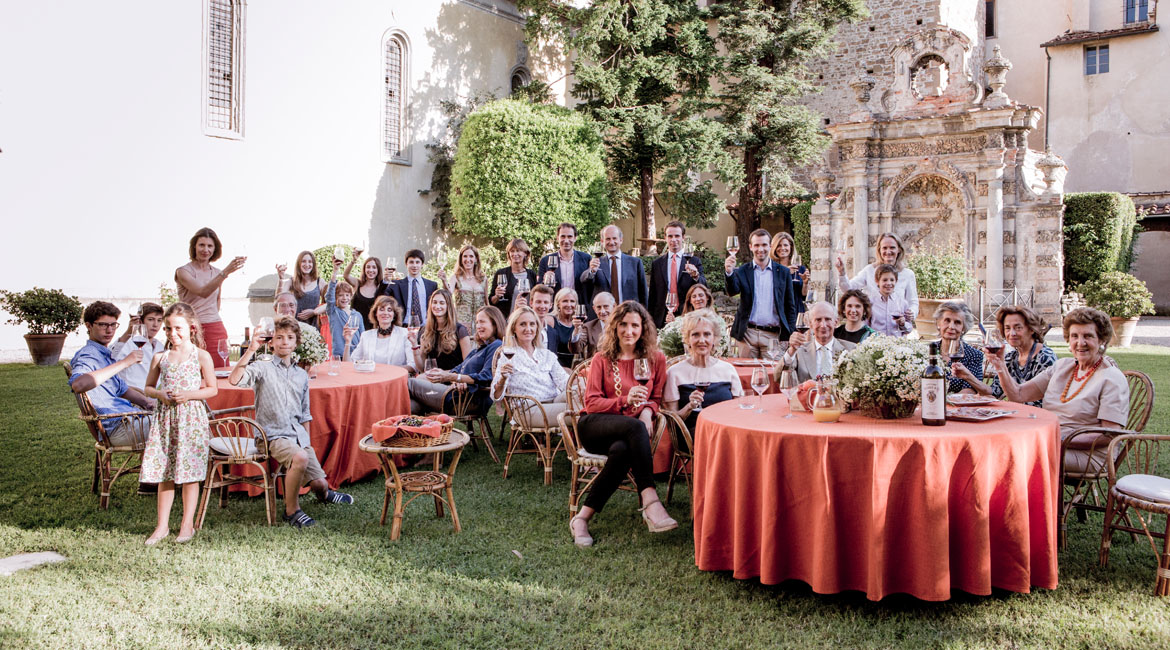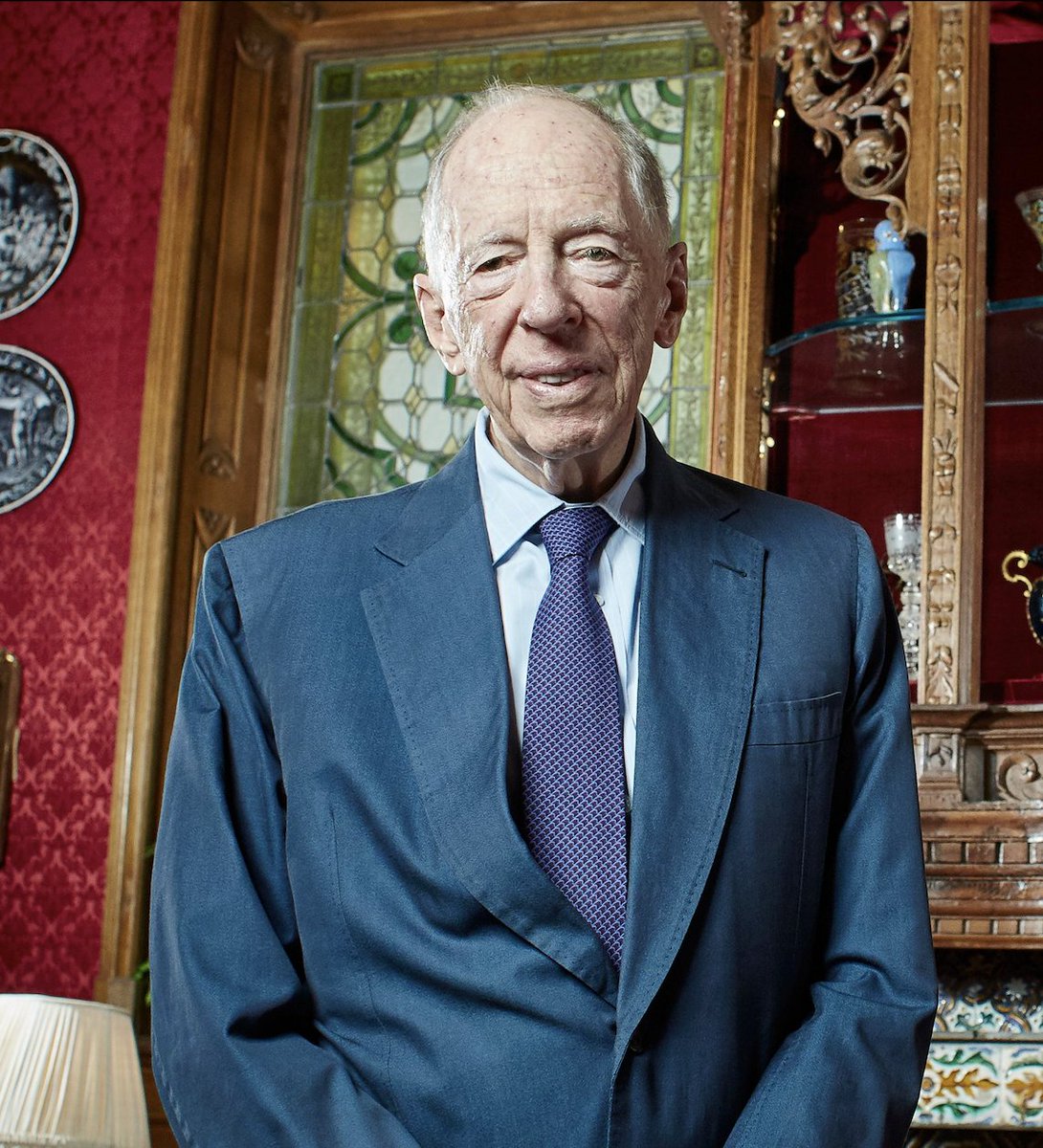
Profiles In Generational Wealth
Today we meet a family tribe in their 7th generation.
They've mastered the art of blending tradition and innovation.
They are the Klebergs👇
Today we meet a family tribe in their 7th generation.
They've mastered the art of blending tradition and innovation.
They are the Klebergs👇
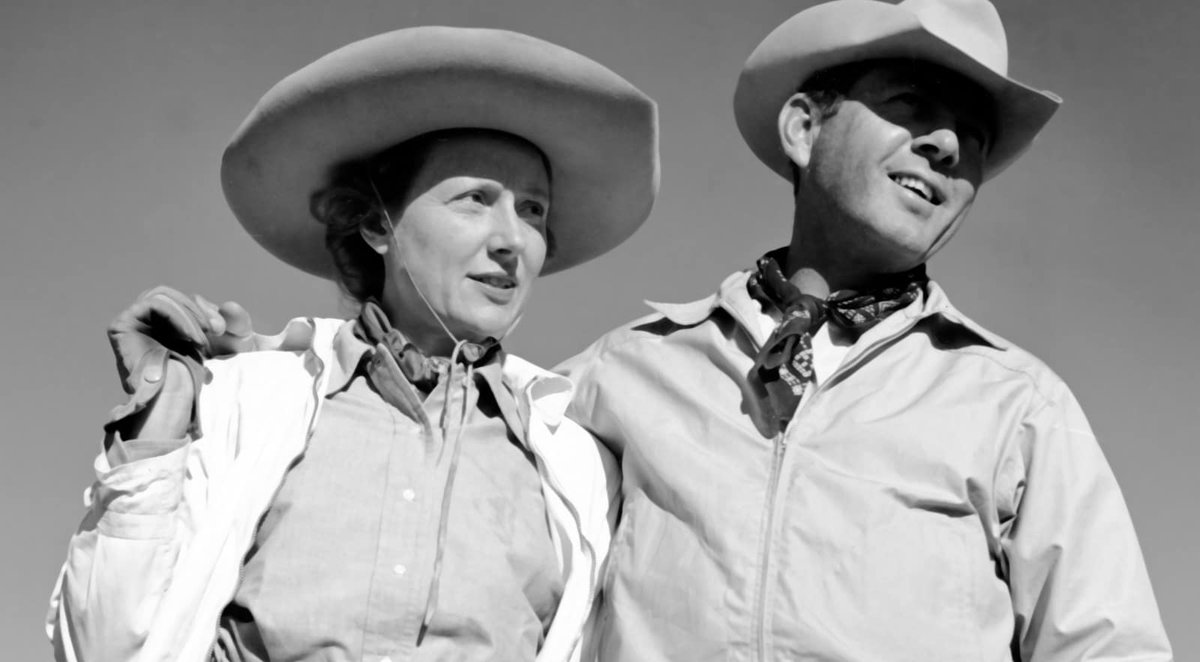
The Klebergs hold a unique place in US history.
Their story is intertwined with the story of Texas and the American frontier.
Today, they own all 825,000+ acres of King Ranch - larger than Rhode Island.
Our story begins a world away from Texas with a man named King.
Their story is intertwined with the story of Texas and the American frontier.
Today, they own all 825,000+ acres of King Ranch - larger than Rhode Island.
Our story begins a world away from Texas with a man named King.
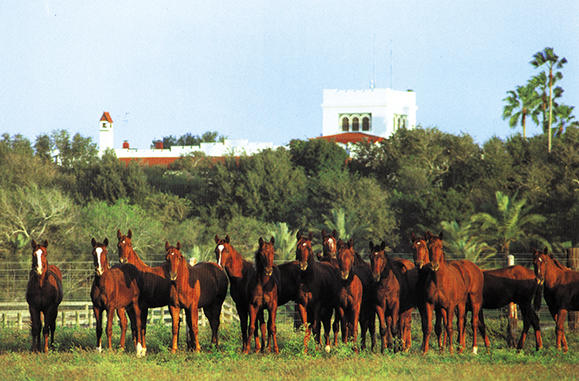
In 1824, Richard King was born in New York City.
The son of poor Irish immigrants, he was indentured to a jeweler in Manhattan at the age of 9.
He never saw his parents again.
At the age of 11, he ran away and hopped on a ship as a stowaway for Mobile, Alabama.
The son of poor Irish immigrants, he was indentured to a jeweler in Manhattan at the age of 9.
He never saw his parents again.
At the age of 11, he ran away and hopped on a ship as a stowaway for Mobile, Alabama.

He was found by the ship's captain, Joe Holland.
Joe effectively adopted Richard.
A fatherly figure, Joe provided for his formal schooling and taught him river navigation.
Richard was a noted river boat pilot by age 16.
Joe effectively adopted Richard.
A fatherly figure, Joe provided for his formal schooling and taught him river navigation.
Richard was a noted river boat pilot by age 16.
In 1842, Richard enlisted in the Navy.
In 1847, he arrived in Texas while serving in the Mexican-American War, transporting troops & supplies.
He used old navy surplus boats to start his own operation.
He was shrewd, fixated on profit, and saw opportunity in the vast horizon.
In 1847, he arrived in Texas while serving in the Mexican-American War, transporting troops & supplies.
He used old navy surplus boats to start his own operation.
He was shrewd, fixated on profit, and saw opportunity in the vast horizon.
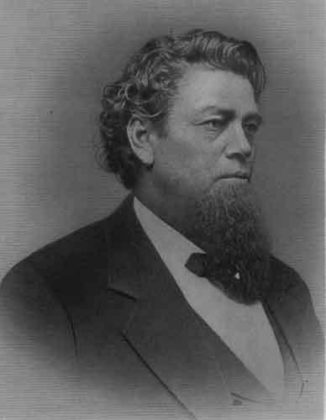
In 1853, with profits from his steamboat interests, Richard purchased land holdings that would become King Ranch.
His first acquisitions were made via partnerships.
Richard edged out his partners & aggressively expanded.
He would make 60+ purchases totaling 614,000 acres.
His first acquisitions were made via partnerships.
Richard edged out his partners & aggressively expanded.
He would make 60+ purchases totaling 614,000 acres.
At the time, life in southern Texas was hard and primitive.
As late as 1830, area maps noted: "of this area, nothing is known."
People & animals shared the same drinking water. Disease outbreaks were common.
When winds kicked up, everything would get covered in sand.
As late as 1830, area maps noted: "of this area, nothing is known."
People & animals shared the same drinking water. Disease outbreaks were common.
When winds kicked up, everything would get covered in sand.
Richard was king of a nation unto himself. His word was the law.
One writer in the 1930s noted "it is a pleasant fiction that King Ranch is part of the US."
In my own personal visits to King Ranch, I can confirm a distinct feeling of entering a completely different country.
One writer in the 1930s noted "it is a pleasant fiction that King Ranch is part of the US."
In my own personal visits to King Ranch, I can confirm a distinct feeling of entering a completely different country.
In 1854, Richard married Henrietta Chamberlain. They had 5 children.
The daughter of a New England missionary sent to Texas, Henrietta was a legendary figure.
Raised to overcome hardship with a strong faith, she set out to civilize her home on the frontier.
The daughter of a New England missionary sent to Texas, Henrietta was a legendary figure.
Raised to overcome hardship with a strong faith, she set out to civilize her home on the frontier.
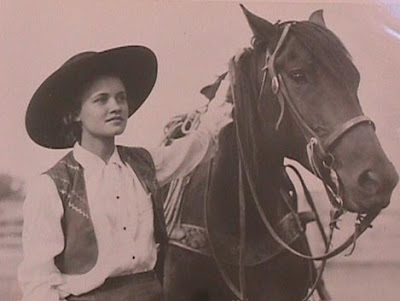
Richard often went to Mexico to buy cattle.
On one trip, he bought cattle from a village during a drought.
He offered villagers work for pay, food, & shelter at King Ranch.
Those who agreed became known as Kineños or "King’s men".
Their descendants still work the ranch today.
On one trip, he bought cattle from a village during a drought.
He offered villagers work for pay, food, & shelter at King Ranch.
Those who agreed became known as Kineños or "King’s men".
Their descendants still work the ranch today.

A southerner, Richard supported the Confederacy during the US Civil War.
King Ranch and the shipping business supported the Confederates by exporting southern cotton to Mexico.
This allowed the Confederacy to get around the Union's naval blockade.
King Ranch and the shipping business supported the Confederates by exporting southern cotton to Mexico.
This allowed the Confederacy to get around the Union's naval blockade.
In 1883, Richard's son Robert died of pneumonia.
The death of the son he intended to be his heir was a devastating blow to Richard.
He despaired his life's work, and even entertained selling the ranch for a time.
The death of the son he intended to be his heir was a devastating blow to Richard.
He despaired his life's work, and even entertained selling the ranch for a time.
But the tragedy of Robert's death led to a unique strength of the family:
a tradition of having talented in-laws in leadership roles.
Before his death in 1885 from stomach cancer, Robert made his family swear to never "sell a foot" of the ranch.
a tradition of having talented in-laws in leadership roles.
Before his death in 1885 from stomach cancer, Robert made his family swear to never "sell a foot" of the ranch.
Upon Richard's death, Henrietta assumed full ownership of his estate.
She now owned the 500,000 acres of ranch land and $500,000 of debt.
But Henrietta was smart, disciplined, and demanding.
It was a new and pivotal chapter of family history.
She now owned the 500,000 acres of ranch land and $500,000 of debt.
But Henrietta was smart, disciplined, and demanding.
It was a new and pivotal chapter of family history.
In 1886, Henrietta hired Robert Kleberg Sr. to manage the Ranch.
Robert first became acquainted with the family years earlier as a legal adviser for various lawsuits.
Robert married Alice King, Henrietta's youngest daughter, the same year.
Robert first became acquainted with the family years earlier as a legal adviser for various lawsuits.
Robert married Alice King, Henrietta's youngest daughter, the same year.
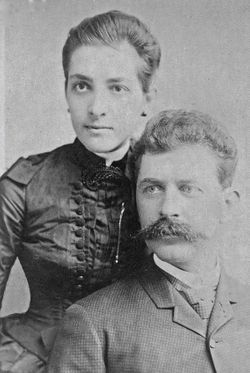
Under Henrietta & Robert's management, the debt was paid off and holdings increased.
By 1895, the ranch was 650,000 acres and pioneering innovative ranching/farming techniques.
Henrietta gave Robert power of attorney over the ranch, which he grew to 1,173,000 acres.
By 1895, the ranch was 650,000 acres and pioneering innovative ranching/farming techniques.
Henrietta gave Robert power of attorney over the ranch, which he grew to 1,173,000 acres.
In 1912, the family's residence on the ranch burned down.
Henrietta was determined to leave a gathering spot for future generations and had a new fireproof home built.
In 1915, the family completed their Main House which stands to this day.

Henrietta was determined to leave a gathering spot for future generations and had a new fireproof home built.
In 1915, the family completed their Main House which stands to this day.

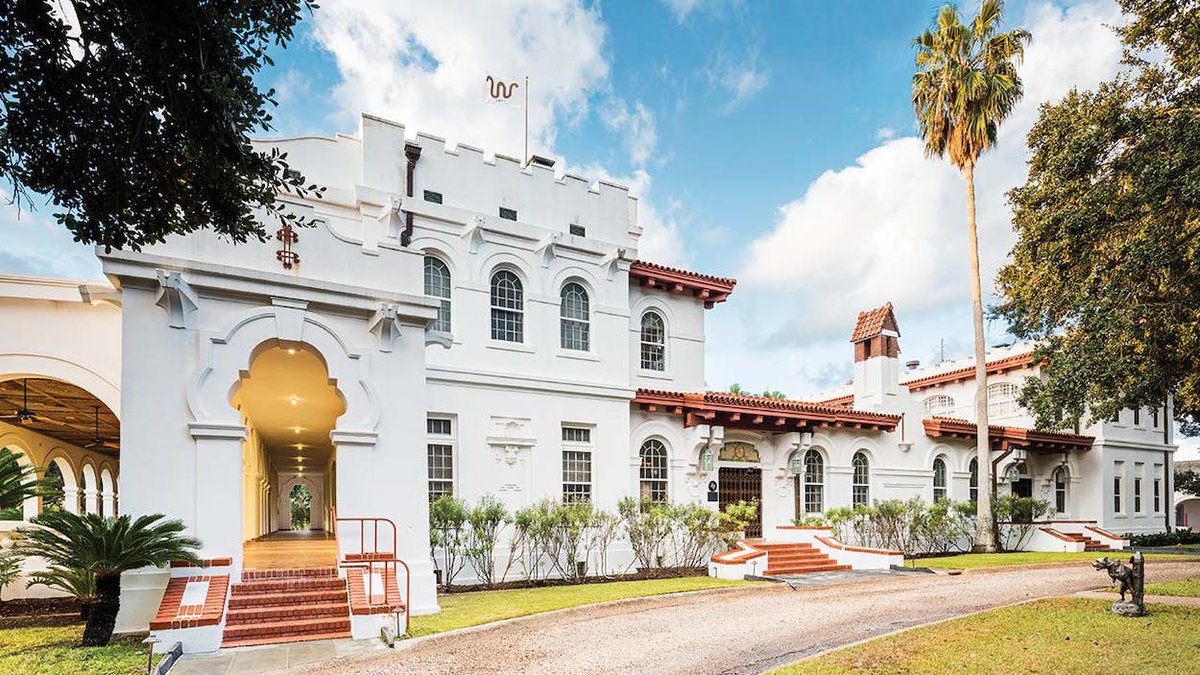
In 1925, Henrietta died. The ranch's 1,200,000 acres were divided among the heirs.
Alice & Robert's ended up with 800,000 acres and incorporated their holdings: King Ranch Inc.
Their 5 children pledged to hold for 20 years. Since that time, 2 branches have left King Ranch.
Alice & Robert's ended up with 800,000 acres and incorporated their holdings: King Ranch Inc.
Their 5 children pledged to hold for 20 years. Since that time, 2 branches have left King Ranch.
Younger son Bob showed a talent for ranching, and ran the operation for 56 years.
I've written about the need for families to have a wealth creator in every generation.
Bob Kleburg is an archetype wealth creator.
Larger than life, he turned King Ranch into a global empire.
I've written about the need for families to have a wealth creator in every generation.
Bob Kleburg is an archetype wealth creator.
Larger than life, he turned King Ranch into a global empire.
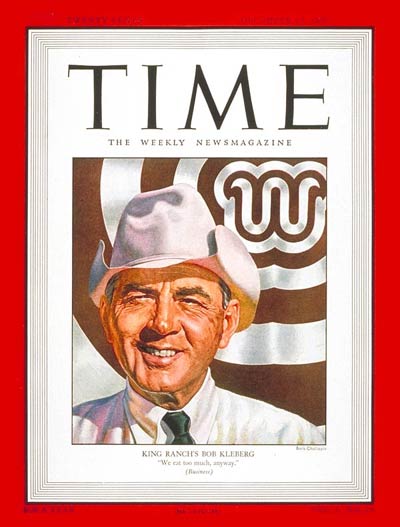
In 1933, the family agreed to an oil lease with Humble Oil still in place today.
In 1945, a major oil field was found on the Ranch.
Soon there were 3,700 wells in operation.
In the 1980s, total oil revenues were $600M, of which the family received $100M.
In 1945, a major oil field was found on the Ranch.
Soon there were 3,700 wells in operation.
In the 1980s, total oil revenues were $600M, of which the family received $100M.
Unlike many oil families in Texas, the Klebergs took their oil money and put it back into ranching.
Bob expanded family holdings in Australia, South America & Africa.
Near his death, he told his children, "Do what you can with the ranch, but above all keep the family together."
Bob expanded family holdings in Australia, South America & Africa.
Near his death, he told his children, "Do what you can with the ranch, but above all keep the family together."
As happens so often around the death of wealth creators, the leadership vacuum after Bob died caused internal strife.
Members forced the family to buy them out.
Lawsuits were filed. The empire was in peril.
The well-worn path to family dissolution was on the horizon.
Members forced the family to buy them out.
Lawsuits were filed. The empire was in peril.
The well-worn path to family dissolution was on the horizon.
For a family to survive, it is here that an essential shift in family dynamics must occur.
A family must jointly decide that what was built in the past and inherited in the present is worth preserving into the future.
And that is exactly what happened.
A family must jointly decide that what was built in the past and inherited in the present is worth preserving into the future.
And that is exactly what happened.
The family now viewed the ranch as something of value to be preserved.
They reoriented and expanded in ways that curiously are the antithesis of ranching, such as luxury retail and commercial hunting.
But these offerings preserve the ranch as key to the family identity.
They reoriented and expanded in ways that curiously are the antithesis of ranching, such as luxury retail and commercial hunting.
But these offerings preserve the ranch as key to the family identity.
Today the family continues to thrive.
King Ranch continues to be owned by ~100 family shareholders.
The enterprise is diversified in ranching, farming, hospitality & retail.
Now in their 7th generation, there is much more to come from the descendants of Richard King.
King Ranch continues to be owned by ~100 family shareholders.
The enterprise is diversified in ranching, farming, hospitality & retail.
Now in their 7th generation, there is much more to come from the descendants of Richard King.
4 Keys To Family Wealth
1. A Strong Family "Brand"
The Klebergs have intentionally built up a brand - bordering on mythology.
Many know King Ranch via their partnership with Ford.
In 1999, the family entered a licensing deal to put the "Flying W" brand on a series of trucks.
1. A Strong Family "Brand"
The Klebergs have intentionally built up a brand - bordering on mythology.
Many know King Ranch via their partnership with Ford.
In 1999, the family entered a licensing deal to put the "Flying W" brand on a series of trucks.

It is vital that families establish an identity of their own.
Make intentional effort to discuss what about your family makes you unique from any other:
•your history
•what you do together
•the skills you know
•the values you hold
These all form the essence of your "brand".
Make intentional effort to discuss what about your family makes you unique from any other:
•your history
•what you do together
•the skills you know
•the values you hold
These all form the essence of your "brand".
2. A Culture Of Learning
Families with billion-dollar family enterprises must always be learning.
For the Klebergs, a certain level of business education is required of every adult shareholder.
If a shareholder lacks knowledge, it puts the entire business and family at risk.
Families with billion-dollar family enterprises must always be learning.
For the Klebergs, a certain level of business education is required of every adult shareholder.
If a shareholder lacks knowledge, it puts the entire business and family at risk.
To build generational wealth, a family's culture must embrace learning.
Many successful families have a "Chief Learning Officer".
This person is designated to manage the family's intellectual capital.
Consider adding this role in a way that makes sense for your family.
Many successful families have a "Chief Learning Officer".
This person is designated to manage the family's intellectual capital.
Consider adding this role in a way that makes sense for your family.
3. Merit-Based Business Decisions
The Klebergs have a long tradition of choosing the most competent person for the job, regardless of genetics.
In fact, it's their pattern to have in-laws, not oldest sons, run the show.
The result: a family business that's run as a business.
The Klebergs have a long tradition of choosing the most competent person for the job, regardless of genetics.
In fact, it's their pattern to have in-laws, not oldest sons, run the show.
The result: a family business that's run as a business.
In business, families should choose the most talented & competent person for the job.
Putting the business & family at risk in order to avoid hurting members feelings is a big mistake.
While everyone should be shareholders, leadership is too important to leave to incompetence.
Putting the business & family at risk in order to avoid hurting members feelings is a big mistake.
While everyone should be shareholders, leadership is too important to leave to incompetence.
4. Importance of Spiritual Capital
Spiritual capital is a family's joint vision for a future together.
The Kleberg needed lots of it to overcome:
•Comanche warriors
•border raiders
•cattle thieves
•government attempts to take their land
•internal family strife.
Spiritual capital is a family's joint vision for a future together.
The Kleberg needed lots of it to overcome:
•Comanche warriors
•border raiders
•cattle thieves
•government attempts to take their land
•internal family strife.
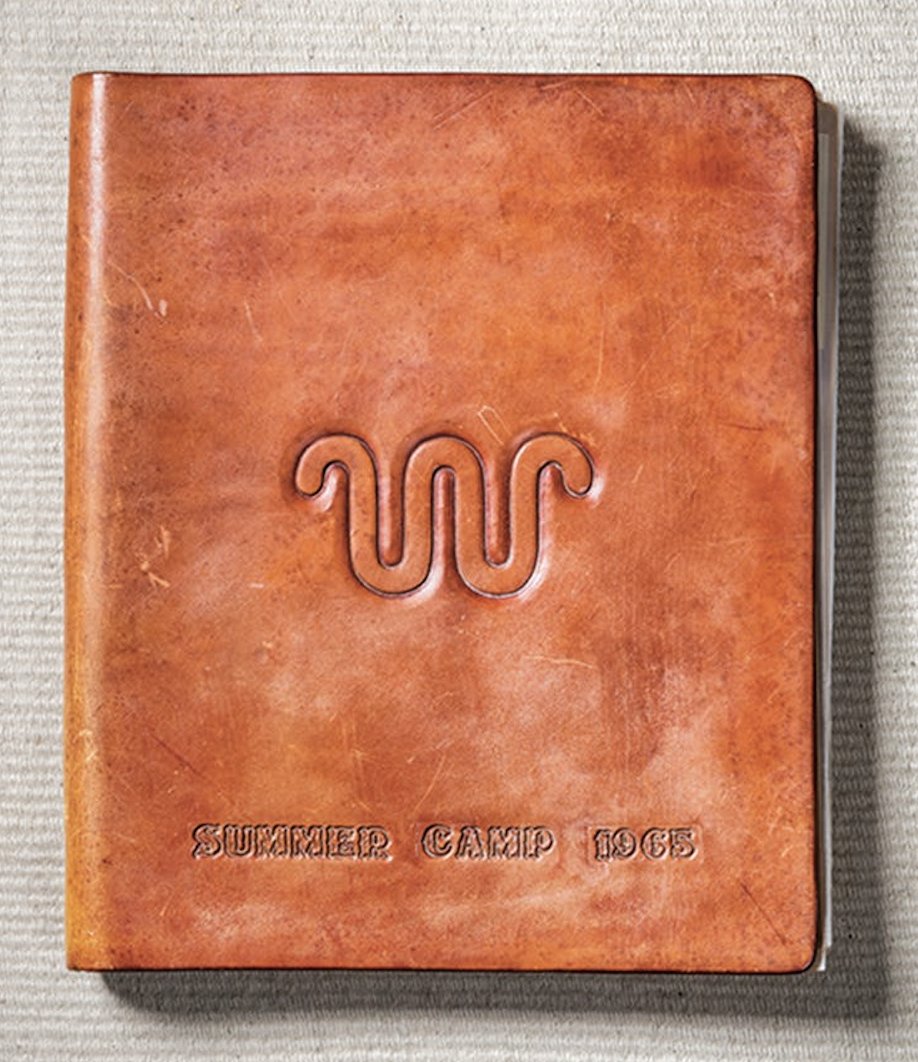
Spiritual capital is in some ways necessarily mysterious and vague.
But nowhere is it more concrete than in the agreement between two or more family members to "build not only a great fortune but also a great family".
And that's my hope for your family.
But nowhere is it more concrete than in the agreement between two or more family members to "build not only a great fortune but also a great family".
And that's my hope for your family.
4 Keys To Family Wealth From The Klebergs:
1. A Strong Family "Brand"
2. A Culture Of Learning
3. Merit-Based Business Decisions
4. Importance of Spiritual Capital
1. A Strong Family "Brand"
2. A Culture Of Learning
3. Merit-Based Business Decisions
4. Importance of Spiritual Capital
Thanks for reading! For more threads like this follow me:
→ I'm @500YearFamily
And if you found this helpful, you can like & retweet the top tweet below.
→ I'm @500YearFamily
And if you found this helpful, you can like & retweet the top tweet below.
https://twitter.com/500YearFamily/status/1621093584723382272
Every Monday I share one deep-dive insight into building generational wealth.
Join thousands of subscribers who read it every week: 500yearfamily.com
Join thousands of subscribers who read it every week: 500yearfamily.com
• • •
Missing some Tweet in this thread? You can try to
force a refresh


